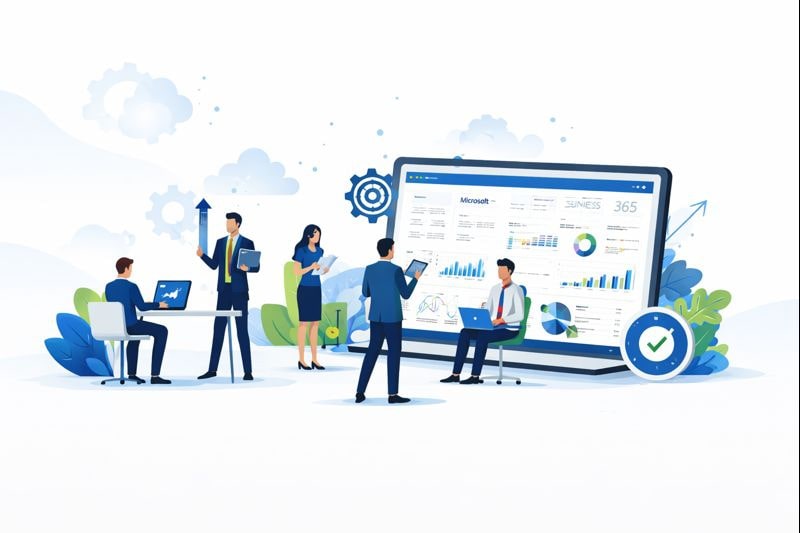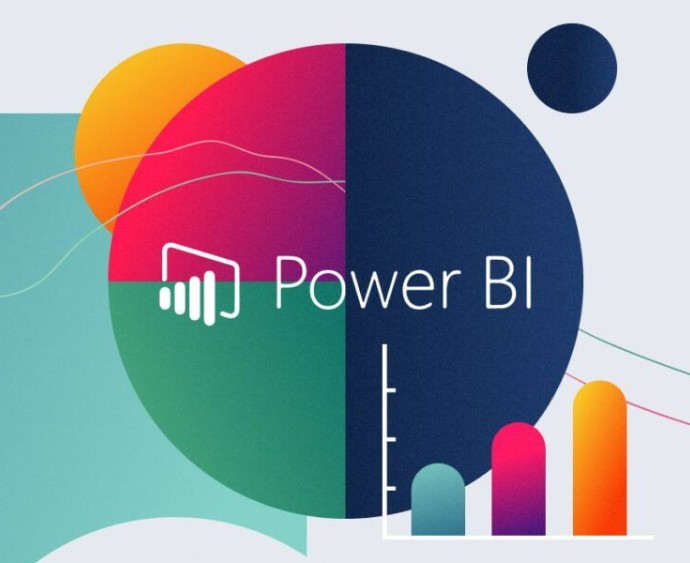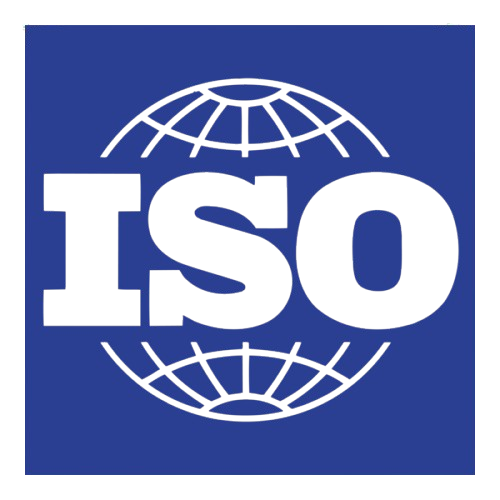Best ERP Software for Hospitals
Best ERP Software for Hospitals – Transforming Healthcare Management
The healthcare sector is one of the most complex and fast-paced industries, where accuracy, efficiency, and timely decision-making can make a real difference in patient outcomes. Hospitals today face countless challenges in managing patient records, billing, supply chains, staff allocation, and compliance. In such a scenario, the best ERP software for hospitals has emerged as a revolutionary solution, designed to bring all operations under one unified platform.
An ERP software for healthcare industry is no longer just about administration—it has become a vital tool that drives better coordination, financial control, and improved patient care. Hospitals that embrace ERP systems experience smoother operations and enhanced service delivery, ensuring that both staff and patients benefit from a more organized approach to healthcare management.
Why Hospitals Need ERP Software
Hospitals are not just treatment centers but complex organizations with multiple departments, staff, and functions. From financial management and HR to pharmacy stock, patient admissions, and compliance, every process needs to work seamlessly together. Manual methods often lead to errors, delays, and inefficiency, making hospital management stressful and inconsistent. This is where the best ERP software for hospitals becomes invaluable.
With a centralized ERP system, hospitals gain operational efficiency, better cost control, accurate record-keeping, and real-time access to information. Moreover, ERP software for healthcare industry ensures regulatory compliance and generates insightful reports, allowing management and doctors to make data-driven decisions that directly improve patient outcomes.
Features of the Best ERP Software for Hospitals
The best ERP software for hospitals comes equipped with a wide range of modules to meet the unique needs of the healthcare sector. Patient management features make it easy to track appointments, medical history, and billing records in one place. Integration with electronic health records ensures that doctors and nurses have instant access to critical patient data, leading to faster diagnosis and treatment. Financial and billing modules help automate invoicing, insurance claims, and payment processes, eliminating errors and improving transparency.
Human resource management is another critical component, ensuring efficient staff allocation, payroll processing, and scheduling. Similarly, inventory and supply chain modules allow hospitals to manage medical equipment, drugs, and consumables effectively, reducing wastage and avoiding shortages. Built-in compliance tools ensure that hospitals adhere to healthcare regulations, while data analytics provide real-time insights into operations, helping administrators and medical staff make smarter decisions.
Benefits of ERP Software for Healthcare Industry
The benefits of ERP software for healthcare industry extend beyond cost savings and administrative convenience. Hospitals that implement ERP solutions witness a significant increase in productivity, as automated workflows reduce the burden of manual processes. This allows doctors, nurses, and administrative staff to focus more on patient care rather than paperwork.
Financial management becomes smoother, with fewer errors and faster claim settlements. ERP also enables hospital management to make better strategic decisions by analyzing real-time data on finances, patient inflow, and resource usage. The scalability of the system allows both small clinics and large hospital chains to adapt as they grow, making ERP a future-proof investment. Most importantly, patients enjoy better experiences with faster admission and discharge processes, accurate billing, and personalized treatment plans backed by reliable data.
How ERP Enhances Patient Care
One of the most overlooked aspects of ERP is its direct impact on patient care. The best ERP software for hospitals ensures that doctors have quick access to patient history, diagnostic reports, and treatment progress. Nurses can easily monitor medication schedules and ensure timely interventions, while administrative staff can speed up admission, discharge, and billing procedures. This reduces waiting times and improves overall satisfaction for patients and their families.
In critical care situations, ERP systems can send real-time alerts and updates, ensuring immediate action. By connecting all departments on one platform, ERP software for healthcare industry enables hospitals to provide faster, safer, and more effective care to their patients.
Choosing the Best ERP Software for Hospitals
Selecting the right ERP solution is a decision that requires careful thought. Hospitals must ensure that the system is designed specifically for healthcare and not a generic ERP solution. The best ERP software for hospitals should integrate seamlessly with existing systems such as laboratory or pharmacy management software. Data security is another key concern, as protecting sensitive patient information must be a top priority.
Ease of use is equally important because hospital staff from different departments must be able to adopt the system without difficulty. Scalability is a major factor as well, since the ERP should evolve as the hospital grows. Finally, strong vendor support and training are essential to ensure successful implementation and smooth functioning of the ERP system.
The Future of ERP in Healthcare
The ERP software for healthcare industry is evolving rapidly with new technologies like artificial intelligence, cloud computing, and big data analytics. Future-ready ERP solutions will not just streamline operations but also predict patient needs, resource requirements, and even potential outbreaks using advanced analytics. Cloud-based ERP will enable mobile access, making it easier for doctors and nurses to access information on the go. Integration with telemedicine and remote monitoring tools will further strengthen patient care, making ERP a core element of modern healthcare delivery.
Hospitals that invest in ERP today will be better prepared for the future of healthcare, where technology, data, and patient-centric care will define success.
Conclusion
In an industry where efficiency and accuracy are closely tied to patient lives, the adoption of the best ERP software for hospitals is no longer optional. It has become a necessity for hospitals that want to reduce costs, increase productivity, ensure compliance, and most importantly, deliver better patient care. From simplifying administrative processes to enhancing the overall patient experience, ERP software for healthcare industry has the power to transform the way hospitals operate.
For hospitals aiming to stay competitive and deliver world-class care, implementing a robust ERP solution is a strategic decision that will pay off in the long run. With the right system in place, healthcare providers can move beyond operational challenges and focus on their ultimate mission—saving lives and improving patient health outcomes.












